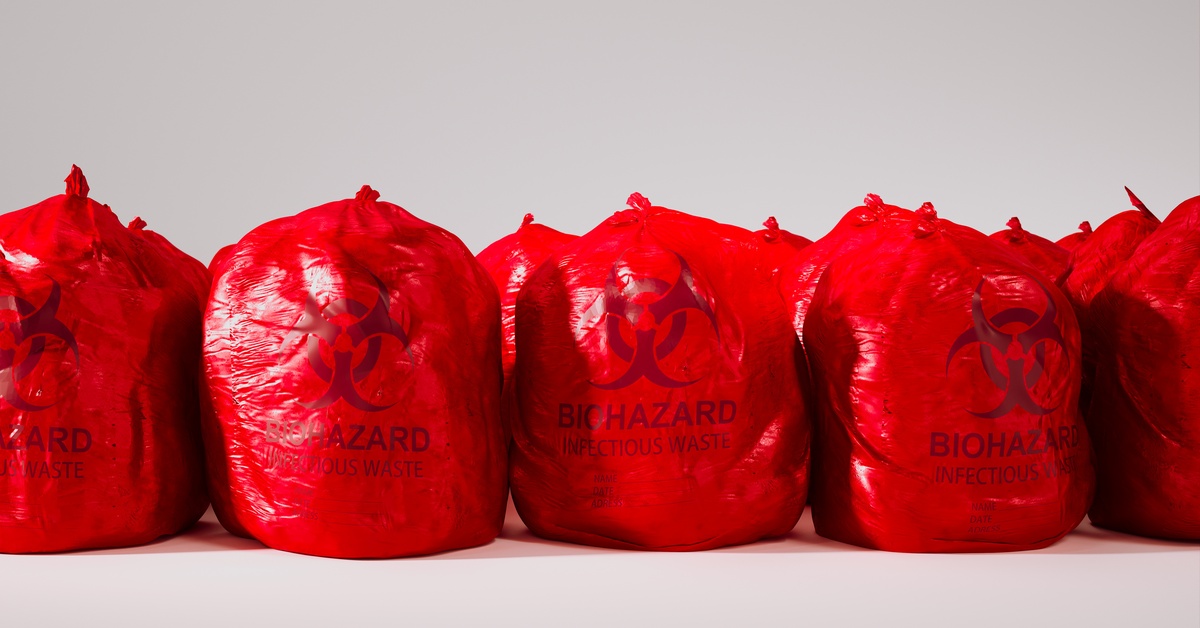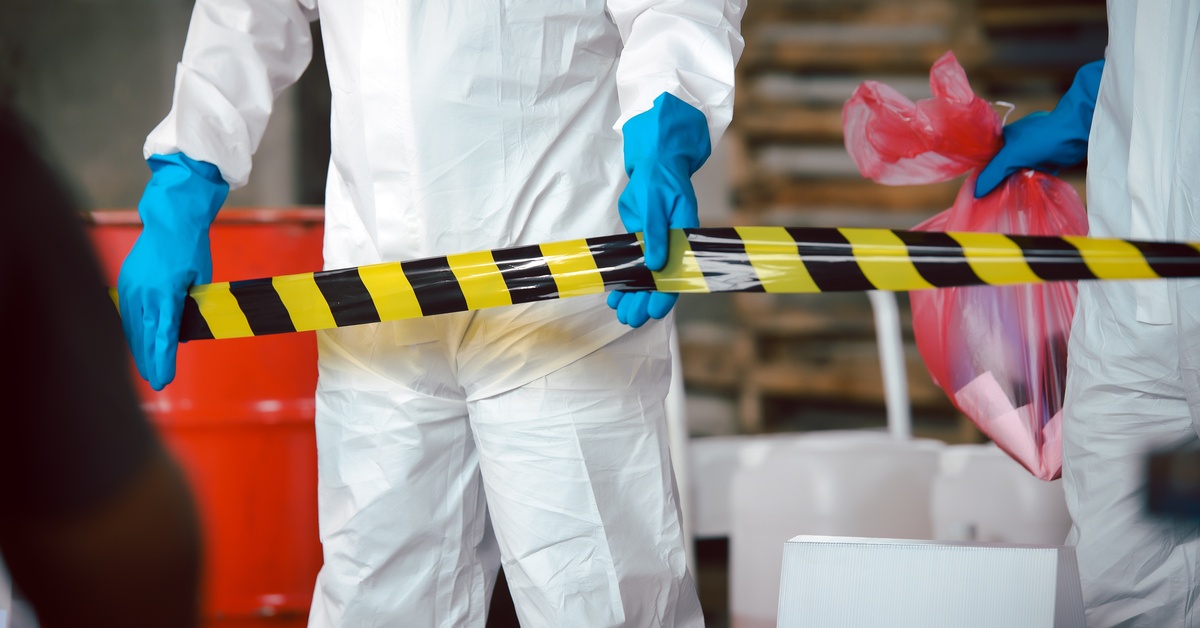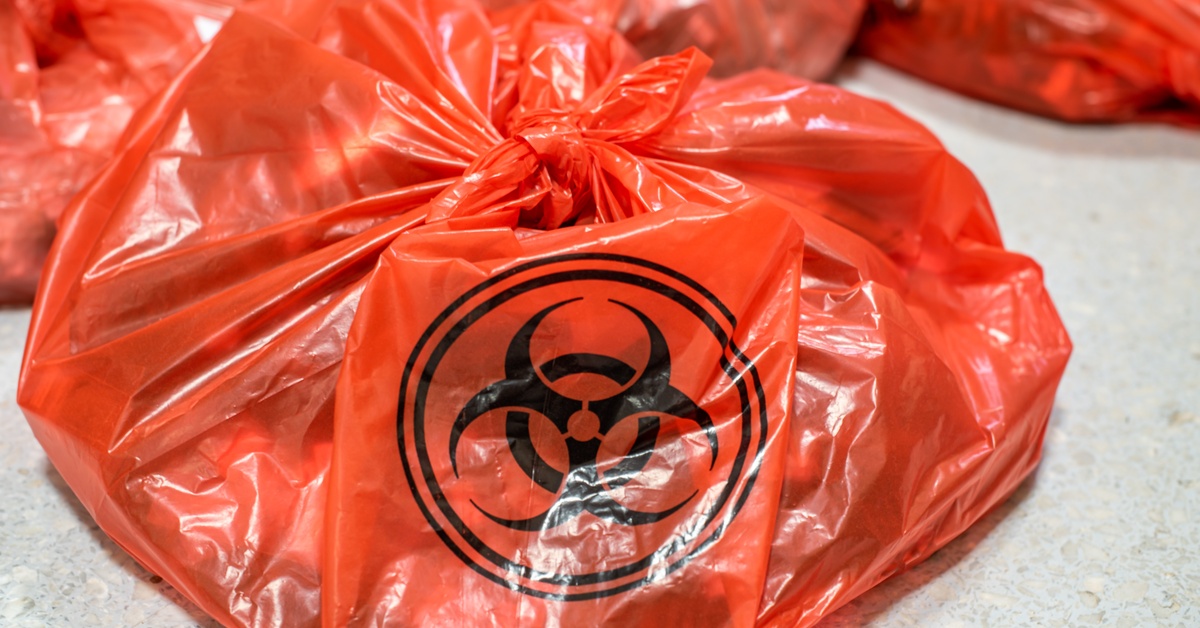
Biohazard cleanup involves the removal, disinfection, and proper disposal of hazardous biological materials that pose serious health risks. These materials can include blood, bodily fluids, human tissue, medical waste, and pathogens from crime scenes, unattended deaths, accidents, or hoarding environments. Handling biohazards requires specialized knowledge, equipment, and adherence to strict safety protocols to protect both cleanup personnel and the public from exposure to infectious diseases and harmful contaminants.
Attempting biohazard cleanup without proper training can lead to severe health consequences and legal issues. Professional biohazard remediation teams follow rigorous safety standards to ensure complete decontamination and compliance with regulatory requirements. Understanding how experts approach biohazard cleanup safely highlights why professional intervention is essential for maintaining public health and safety.
Health Risks of Biohazard Cleanup
Exposure to biohazardous materials poses significant health risks, as it can transmit dangerous bloodborne pathogens such as Hepatitis B, Hepatitis C, and HIV. These pathogens can lead to severe, lifelong health complications if you don’t take proper precautions.
Additionally, there is the risk of bacterial infections like MRSA and E. coli, which can cause serious illness, especially in individuals with weakened immune systems. Airborne viruses and fungal spores present another layer of danger, as they can lead to respiratory illnesses when inhaled, further complicating the health risks associated with biohazardous exposure.
Direct contact with contaminated surfaces or the improper handling of biohazardous waste significantly increases the likelihood of infection. Skin punctures, exposure through mucous membranes, or inhalation are common routes through which these harmful agents can enter the body, making even small lapses in safety measures potentially serious.
Given the severity and variety of these risks, professional biohazard cleanup is essential. Trained technicians are equipped with the expertise and tools necessary to safely address contaminated environments. They understand the various routes of transmission and implement multiple layers of protection and containment strategies to minimize exposure and ensure safety throughout the remediation process. Their specialized knowledge allows them to restore affected areas effectively, reducing the danger to others and preventing the spread of harmful pathogens.

Regulatory Compliance of Biohazard Cleanup
The Occupational Safety and Health Administration (OSHA) establishes mandatory standards for handling bloodborne pathogens in the workplace. These regulations require employers to implement exposure control plans, provide appropriate personal protective equipment, cover vaccinations for at-risk workers, and maintain detailed records of exposure incidents. Compliance with OSHA standards protects workers and reduces liability for property owners.
The Environmental Protection Agency (EPA) regulates the treatment and disposal of medical waste through the Resource Conservation and Recovery Act. State and local health departments often impose additional requirements for biohazard waste management. Professional cleanup companies maintain current knowledge of all applicable regulations and ensure every aspect of the remediation process meets or exceeds these standards.
Personal Protective Equipment (PPE)
Proper PPE creates a barrier between cleanup personnel and hazardous materials. Essential equipment for body coverage includes fluid-resistant coveralls or gowns that prevent liquid penetration, nitrile or latex gloves rated for biohazard protection, and face shields or goggles to protect eyes and mucous membranes. For respiratory protection, N95 or higher-grade respirators are necessary when airborne pathogens may be present. Finally, disposable shoe covers prevent tracking contaminants to clean areas.
Professional biohazard technicians receive training on proper donning and doffing procedures to avoid self-contamination. They inspect PPE before each use and replace any compromised equipment immediately. This disciplined approach to protective gear minimizes exposure risks throughout the cleanup process.
Cleanup Process
Biohazard remediation follows a systematic approach that begins with a thorough assessment of the contaminated area. Technicians identify all affected surfaces, porous materials that may have absorbed fluids, and potential cross-contamination zones. They establish containment barriers to prevent the spread of contaminants to unaffected areas and set up proper ventilation systems to manage airborne particles.
The removal phase involves carefully collecting and packaging all visible biohazardous materials in approved containers. Technicians use hospital-grade disinfectants specifically formulated to neutralize bloodborne pathogens and other infectious agents.
They apply these solutions according to manufacturer specifications, allowing adequate contact time for complete disinfection. Porous materials like carpeting, upholstery, and drywall that are difficult to decontaminate require removal and disposal as biohazardous waste.
Professional teams employ ATP testing and other verification methods to confirm successful decontamination. They also address odor remediation using specialized equipment and techniques that neutralize decomposition smells and biological odors. The final step involves a comprehensive inspection to ensure the area is safe for reoccupancy.
Waste Disposal
Technicians must segregate, package, label, and transport biohazardous waste according to Department of Transportation (DOT) and EPA regulations. Technicians place contaminated materials in red biohazard bags or rigid containers marked with the universal biohazard symbol. Sharps like needles require puncture-resistant containers to prevent injury during handling and transport.
Licensed medical waste transporters collect biohazard waste and deliver it to approved treatment facilities. These facilities use autoclaving, incineration, or chemical treatment to render the waste non-infectious before final disposal. Professional cleanup companies like Affinity Bio Solutions maintain detailed manifests documenting the chain of custody for all biohazardous materials from collection through final disposal.

Training and Certification
Certified biohazard cleanup professionals complete extensive training programs covering OSHA bloodborne pathogen standards, proper use of PPE, decontamination protocols, waste handling procedures, and infection control principles. Organizations like the Cleaning and Restoration Certification (IICRC) offer specialized certifications in crime and trauma scene cleanup that validate technical competency.
Ongoing education keeps professionals current with evolving safety standards, new decontamination technologies, and updated regulatory requirements. This commitment to continuous learning ensures cleanup teams can handle increasingly complex scenarios while maintaining the highest safety standards.
Hiring Professionals
Property owners should hire certified biohazard cleanup experts whenever they encounter blood, bodily fluids, human tissue, or potentially infectious materials. DIY cleanup attempts expose individuals to serious health risks and may fail to achieve adequate decontamination. Professional services also protect property owners from potential liability issues related to improper cleanup or disposal.
Affinity Bio Solutions provides comprehensive biohazard cleanup services throughout the Phoenix, Arizona Valley with over 20 years of combined experience. Our IICRC certified team handles crime scenes, trauma scenes, unattended deaths, hoarding environments, and biohazard disposal with care and professionalism. Affinity Bio Solutions ensures rapid response when emergencies occur. Contact us for professional biohazard disinfecting services today or visit our website to learn more about our services.
Protecting Health Through Professional Expertise
Biohazard cleanup demands specialized knowledge, equipment, and strict adherence to safety protocols that only trained professionals can provide. From proper PPE use and regulatory compliance to thorough decontamination and responsible waste disposal, every aspect of the process requires expert handling. The health risks associated with biohazardous materials make professional intervention essential rather than optional.
Choosing certified biohazard remediation services protects everyone involved while ensuring complete restoration of affected properties. When confronted with a biohazard cleanup situation, trust the experienced professionals at Affinity Bio Solutions who understand the complexities of safe, compliant cleanup.
